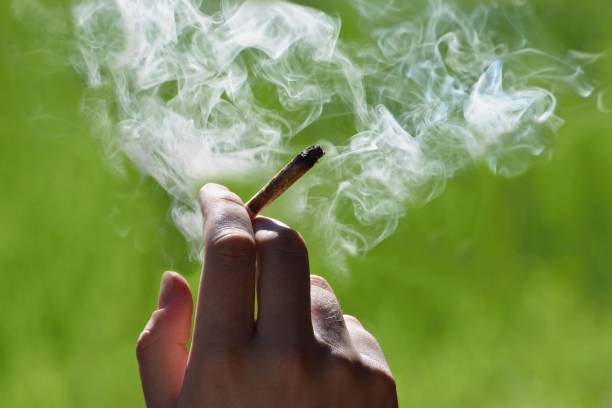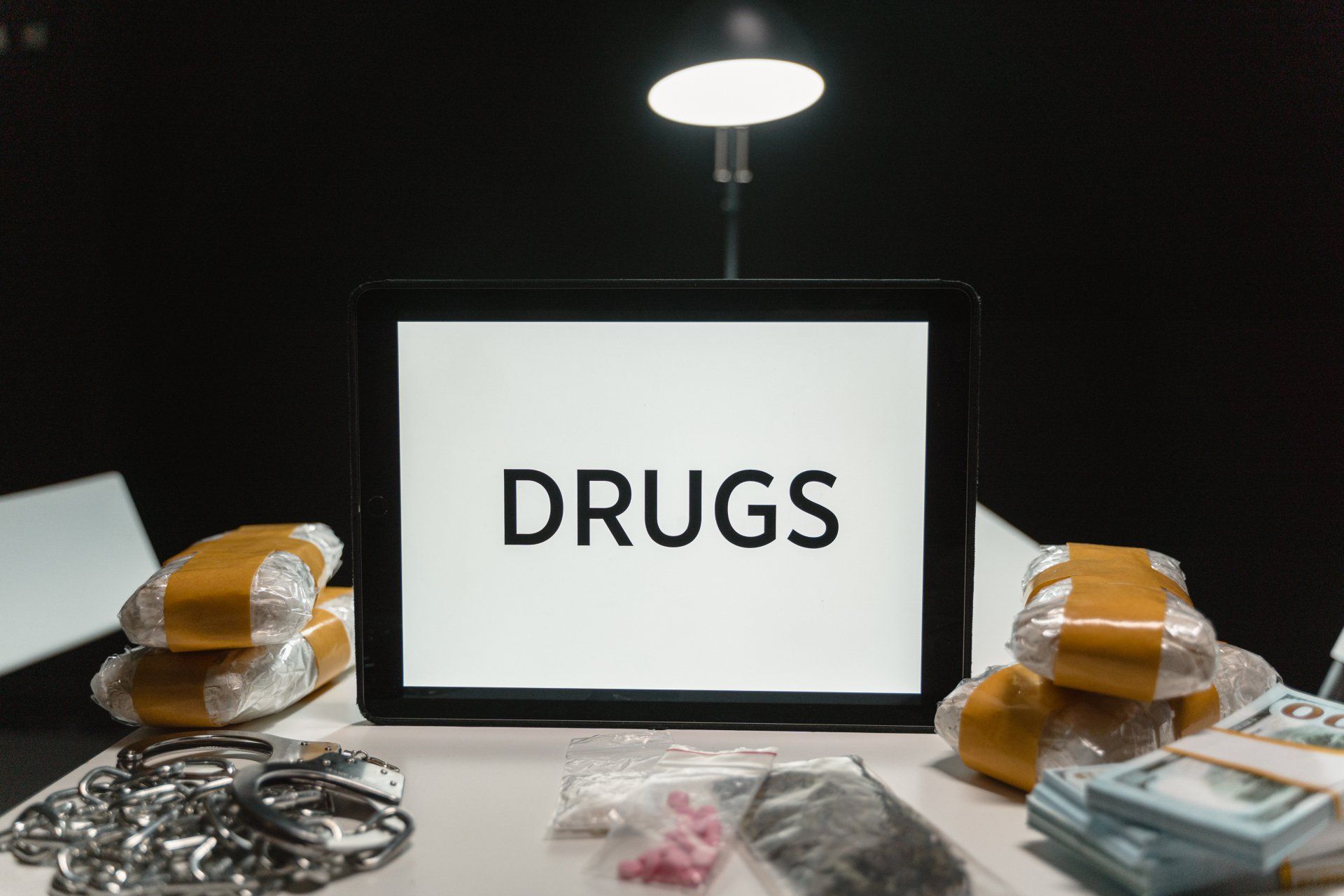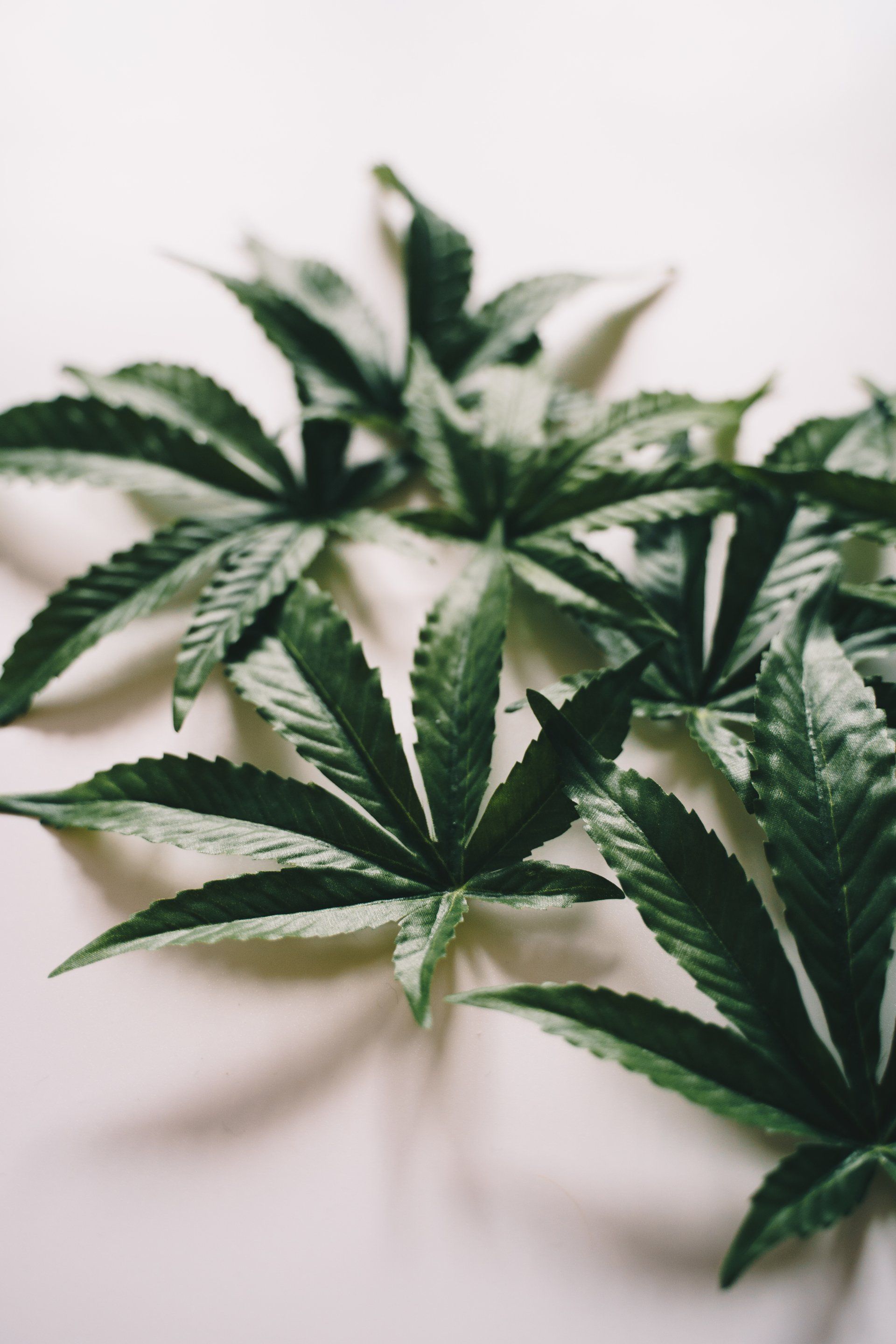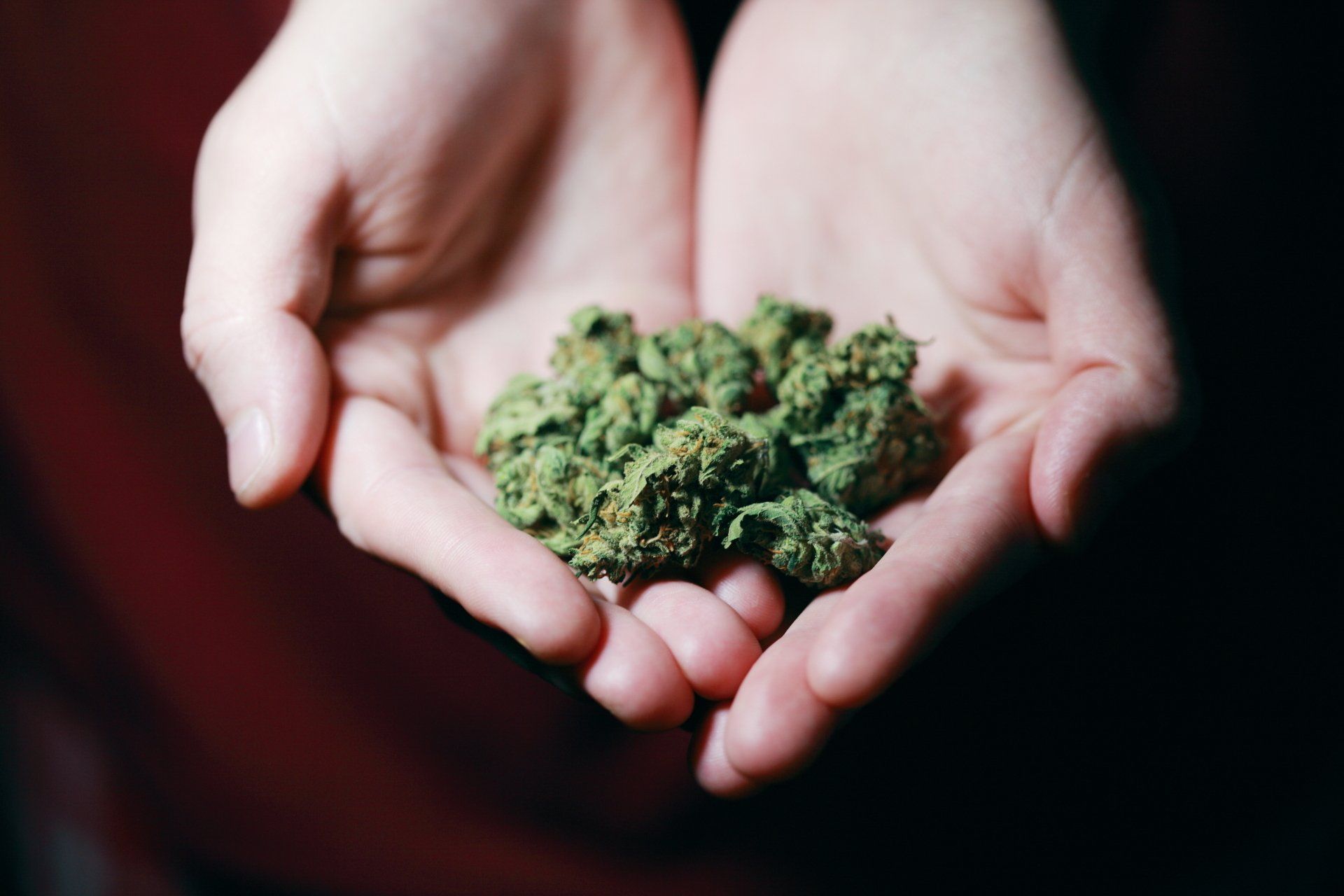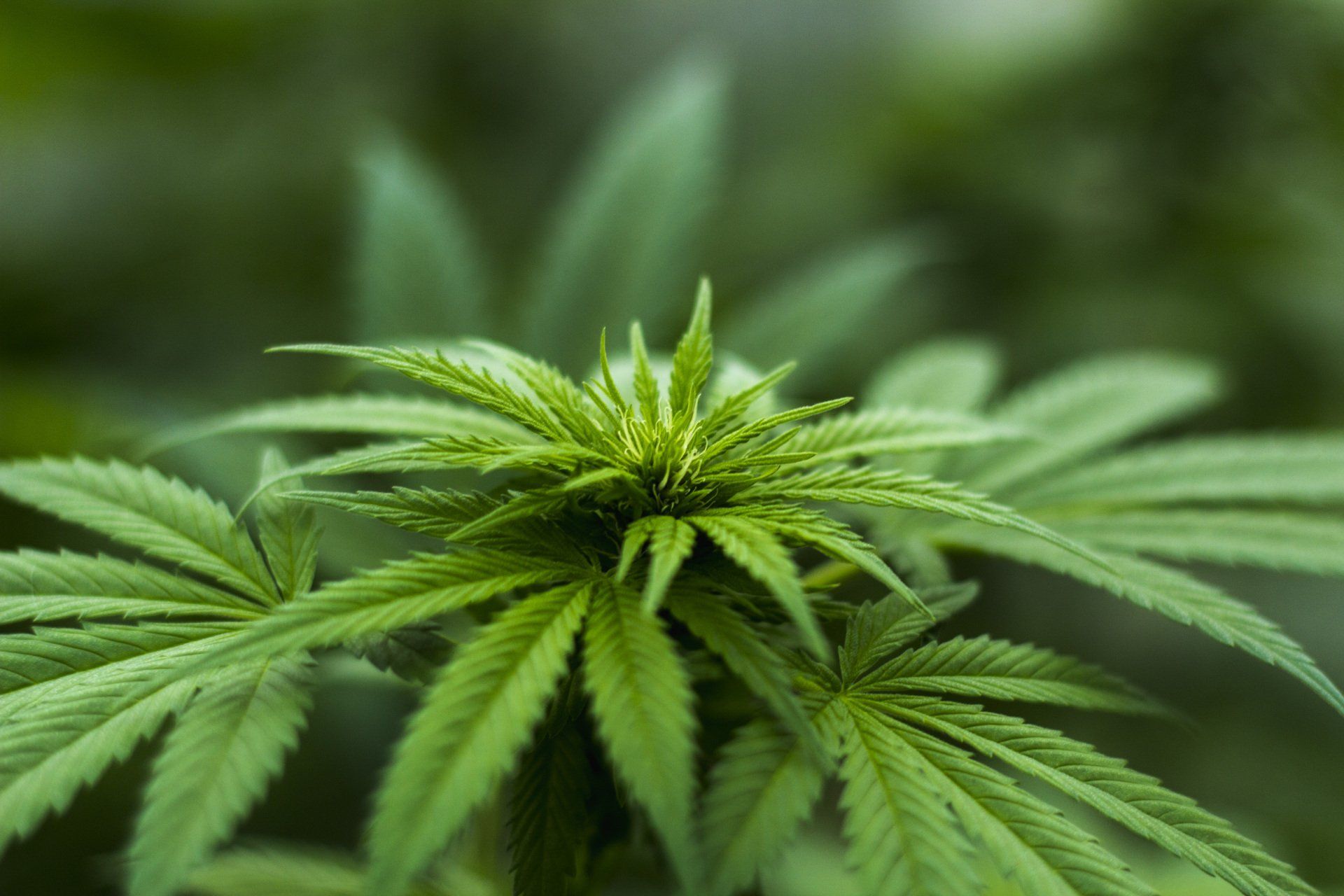Can you Become Addicted to Cannabis?
In This Blog I look at whether cannabis is addictive.
Can people become addicted to cannabis? The answer is yes. According to the National Institute on Drugs in the US. Marijuana (the American word for cannabis) can lead to ‘marijuana use disorder’, which takes the form of addiction in severe cases. Recent data suggests that 30% of those who use marijuana may have some degree of marijuana - use disorder.
People who begin using marijuana before the age of 18 are four to seven times more likely to develop a marijuana - use disorder than adults”. The UK Government’s own website FRANK states:
Heavy cannabis users often get cravings and find it hard not to take the drug – even when they know it’s causing them physical, mental or social problems.
When heavy users do try to stop, they can:
• feel moody and irritable
• feel sick
• find it hard to sleep
• find it hard to eat
• experience sweating and shaking
• get diarrhoea
If you roll your spliffs (a term often used to describe mixing cannabis with tobacco), you’re also at risk of getting addicted (or staying addicted) to nicotine. A World Health Organisation (WHO) report talks about cannabis users becoming dependent on cannabis: (Chapter 9.1.4 ‘What we know about the long-term effects of regular cannabis use’). The report also states that ‘Regular cannabis users can develop dependence on the drug. The risk may be around 1 in 10 among those who ever use cannabis, 1 in 6 among adolescent users, and 1 in 3 among daily users’.
If you would like to know more on this subject, then either contact your GP or local Community Mental Health Team. Also, you could talk to one of the specialist mental health charities which specialise in drug misuse; charities such as:
Adfam: 02038179410, www.adfam.org.uk
Families Anonymous: 02074984680, www.famanon.org.uk
DrugFam: 03008883853, www.drugfam.co.uk
This blog is an extract from my book ‘Gone To Pot – Cannabis: What Every Parent Needs To Know’.
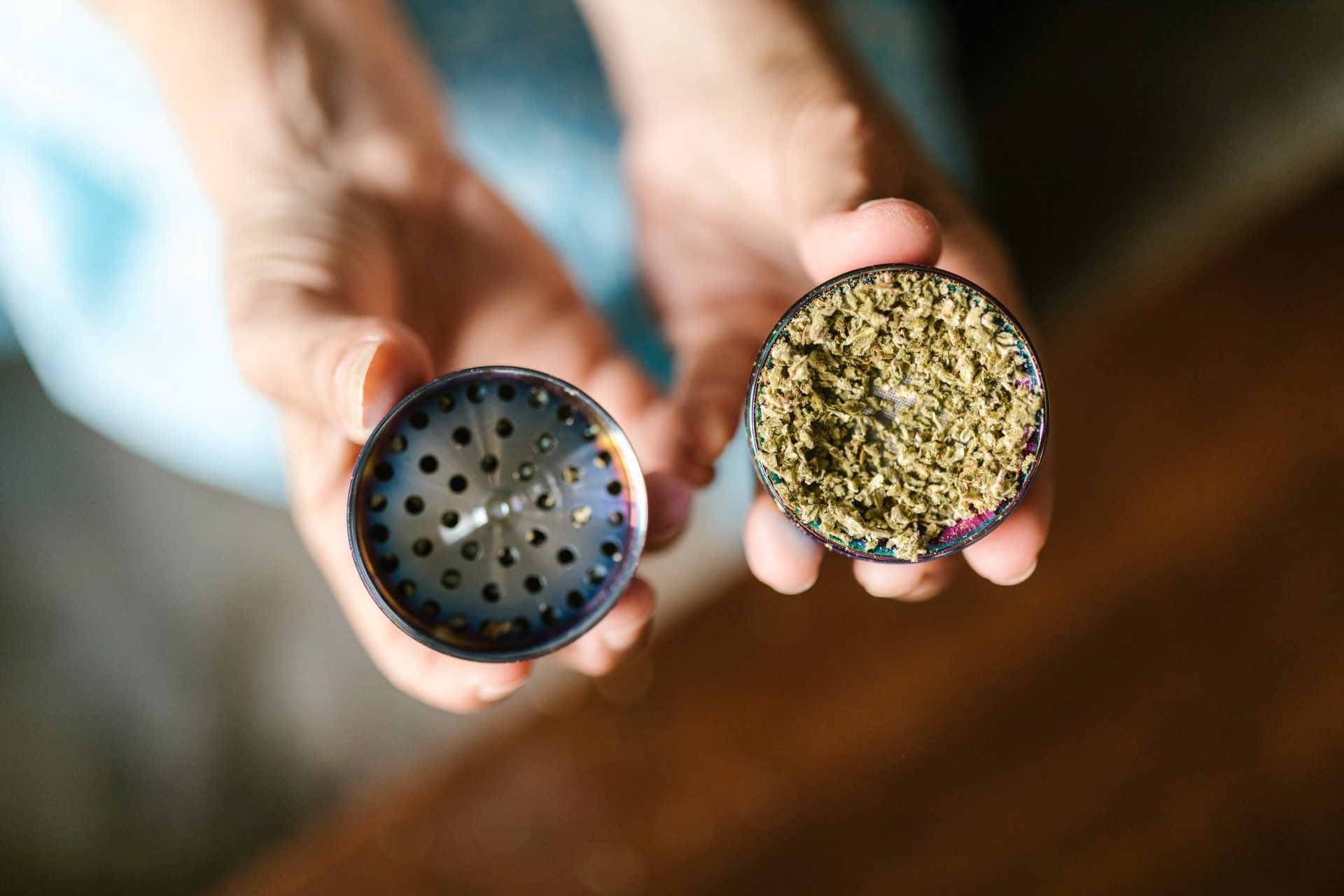
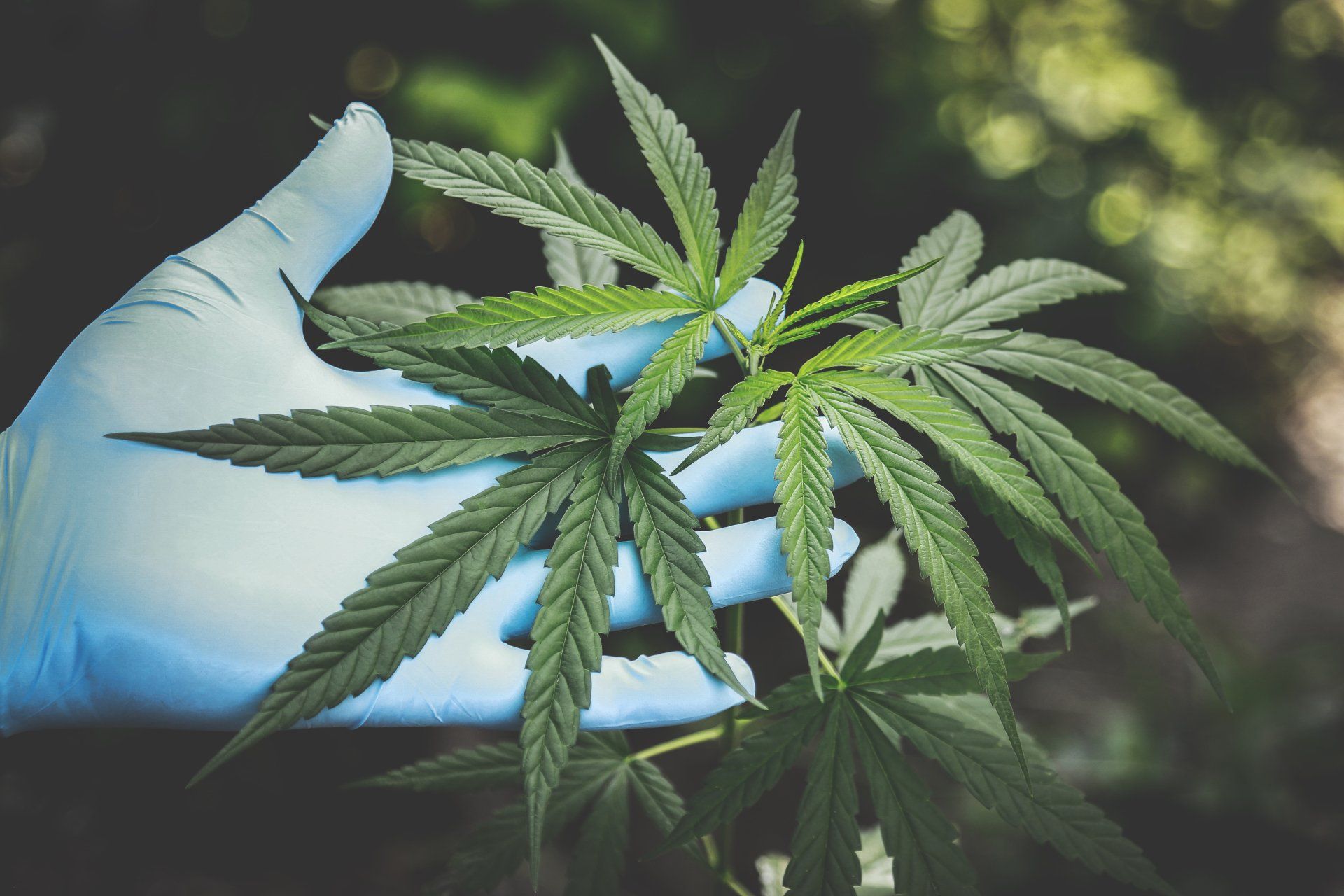
New book explores the ticking time bomb of cannabis and its impact on the mental health of teenagers
